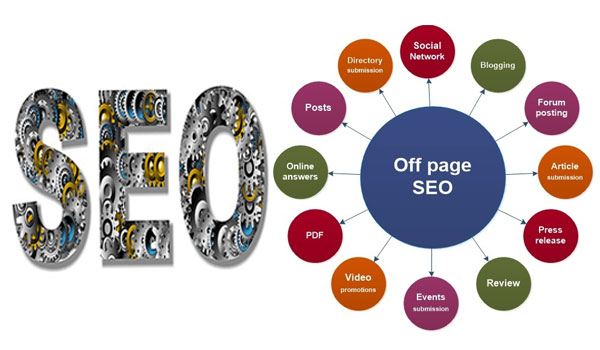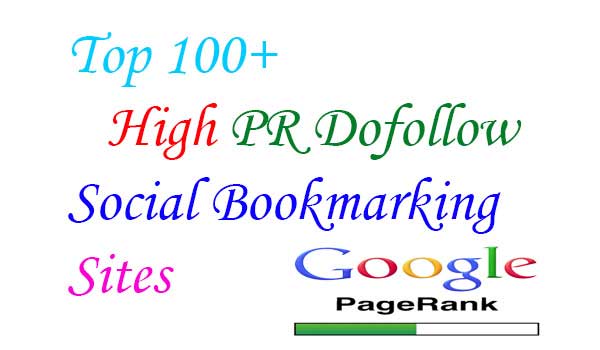If you want your business to get ahead, you need to get serious about SEO. You may have heard about using keywords for SEO. But do you really know how to do it?
SEO or search engine optimization is a way to help your website rank higher in search engines. As a result, you can make your business more successful. But the problem is that most people don’t even know how to do it.
Part of it is utilizing the right keywords for SEO. But how do you do it? Here is a quick guide that you need to know.
Keep Reading!
Identifying the Right Keywords for Your Content
When researching prospective keywords, start by making a list of topics that relate to your content. Once you have your list, use a keyword research tool to refine the list and prioritize keywords with higher search volumes and low competition.
Additionally, focus on using SEO keywords that are relevant and related to your topic, as well as considering optimization tools, such as adding modifiers to your keyword list to expand the visibility of your content.
You can also contact an SEO specialist if you need someone to help with on-page optimization or link building.
Title Tag and Meta Description
Title tags and meta descriptions are two of the most important elements for SEO. The title tag is a text string that appears in the head section of an HTML document and appears on search engine results pages. This text string should include a keyword that your website is targeting.
The meta description is a short description of your website that appears below the title tag on search engine results pages. It too, should include a keyword appropriate to the page and should be between 140-160 characters.
Incorporating Keywords Naturally in Your Writing
In order to optimize your content for search engine optimization (SEO), it is important to incorporate keywords into your writing strategically and naturally. This helps indicate the structure of written content and makes it easier for search engines to understand the main topics and sub-topics of your post.
Tags should be reserved for headings that are related to the overall theme of the post. When writing, think about topics and ideas that come up related to the overall post, and use keywords to emphasize those places where it makes sense. When you are done writing, go back and look for any natural places where you can insert your keywords without making the content seem too choppy.
Understanding the Different Types of Keywords
Keywords are an important part of SEO, and understanding the different types of keywords will help you optimize your website for better visibility in search engine rankings.
Short-Tail
Short-tail should be used to draw traffic and create meaningful content that is keyword rich. Your content should have a keyword proximity, implying that keywords should be placed logically within the content for maximum effect.
Short-tail keywords are short, highly searched words or phrases that are typically broad and used by many people. These keywords can be effective for SEO purposes but are unlikely to be very precise or specific.
Long-Tail
Long-tail keywords, in particular, contain more than two words that are more narrowly targeted and have higher conversion rates than a phrase made of multiple generic words. For example, instead of just writing ‘shoes’ you should target ‘running shoes for men’. This is an example of a Long Tail Keyword and gives you a greater chance of ranking higher for the phrase.
Do not over-saturate your content with keywords, as this will make your content seem unnatural and even harmful to SEO rankings.
Informational
When applying keywords to any website, it is essential to consider the informational keyword header tag which can be used to give the page relevant contextual keywords. When users are searching for information, they are more likely to find the page if it has the proper keywords associated with its content.
For the informational tag, ensure that the keywords are relevant to the topic that is being written about and that they are spelled correctly. It will help to boost the website in terms of its rankings.
Branded
Branded tags create a heading that stands out from the rest of the text. This uses the power of words to tell your readers and search engines what the page is about.
It is also a great way to let search engine crawlers know that this keyword is a brand name, and should be highlighted in search engine results.
Using Secondary Keywords
When it comes to SEO, keyword optimization is an essential component in having a successful website. Secondary keywords are important in helping to drive more qualified traffic to your website. When selecting these keywords, you must be sure your words are not overly competitive.
To use these keywords effectively, it is important to strategically place them throughout your content, such as in page titles, headlines, subheadings, and body text. Utilizing secondary keywords in a natural way, without stuffing them into your pages unnaturally, is important in making sure that your content is optimized for search engine indexing and user experience.
Start Using Keywords For SEO Now
Using keywords for SEO can seem overwhelming at first. However, by following a few simple steps, you can greatly improve your SEO performance. Start by analyzing the competition, researching and selecting the right keywords, and implementing them in the right places for maximum exposure.
Try it out and see how your search engine rankings improve!
Did you find this article helpful? Check out more of our blogs!






























